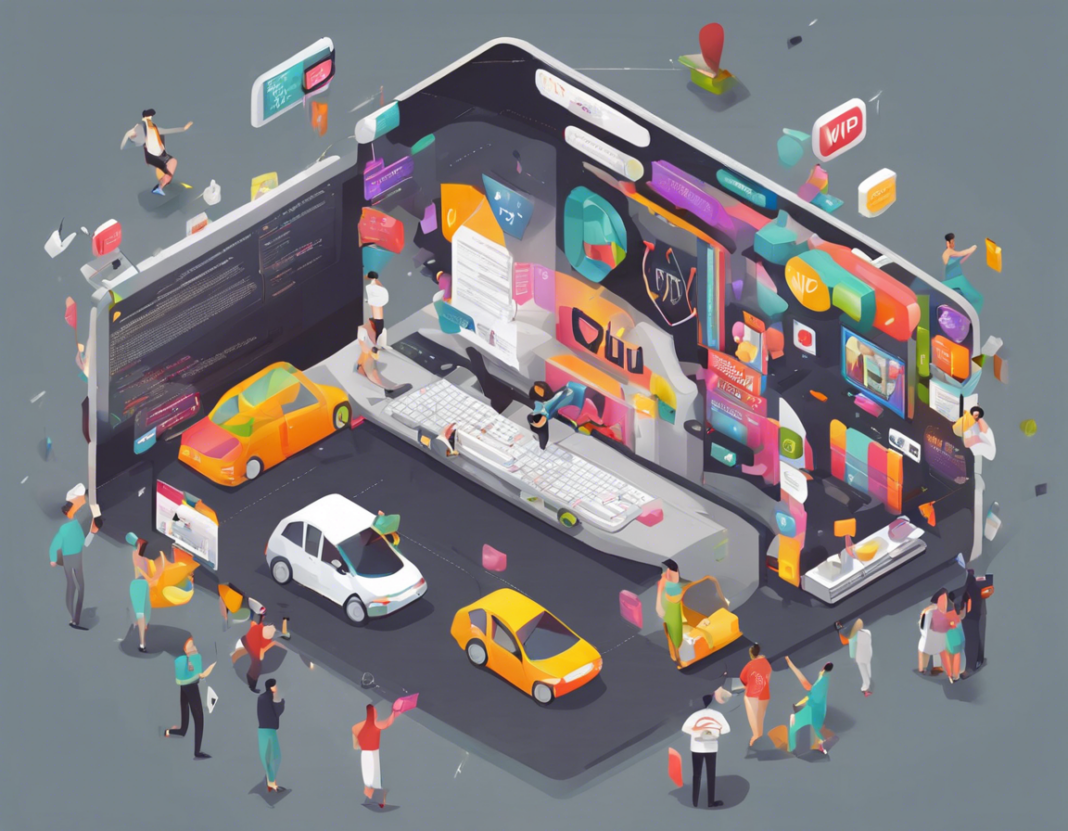When you think of the term “VIP,” what comes to mind? Most likely, you envision someone important, well-known, or influential – someone who receives special treatment or privileges in various settings. While this popular acronym is commonly used in everyday conversation and across different industries, many people may not be aware of its full form. So, what does VIP actually stand for? Let’s delve into an exploration of the VIP full form, its significance, and its applications in different contexts.
Understanding VIP:
The acronym VIP stands for Very Important Person. This term is used to refer to individuals who hold a significant level of importance or prominence, typically due to their status, achievements, or influence. VIPs are often given special treatment, access, or privileges in recognition of their elevated standing in society or within a particular group or organization.
Origins of the Term:
The concept of VIP dates back to the early to mid-20th century. The term was initially used in the entertainment industry to distinguish notable guests or celebrities who were accorded special treatment at events, parties, or venues. Over time, the term VIP has expanded beyond the realm of entertainment and hospitality to encompass a broader range of contexts, including business, politics, and social settings.
Applications of the Term VIP:
-
Hospitality Industry: In hotels, restaurants, airlines, and other service-oriented businesses, VIP guests receive preferential treatment, such as priority services, upgrades, and personalized attention.
-
Events and Functions: VIP guests are often invited to exclusive events, premieres, galas, and functions where they are given special seating, amenities, and access.
-
Security and Protocol: VIPs may have dedicated security details, protocols, and arrangements in place to ensure their safety and privacy.
-
Business and Corporate Affairs: In the business world, VIP clients, investors, or executives are accorded extra attention, perks, and incentives to maintain strong relationships.
-
Government and Diplomacy: Political leaders, dignitaries, and foreign guests are classified as VIPs during official visits, ceremonies, and functions, entitling them to specific courtesies and privileges.
Characteristics of a VIP:
- Influence and Impact: VIPs wield influence and hold sway over decisions, opinions, or actions within their sphere of influence.
- Recognition and Prestige: Being labeled a VIP signifies recognition, respect, and a certain level of prestige in society.
- Exclusive Access: VIPs often enjoy exclusive access to events, venues, services, or opportunities not readily available to the general public.
- Personalized Treatment: Specialized services, tailored experiences, and individualized attention are key aspects of the VIP treatment.
- Networking and Connections: VIP status can facilitate networking, forming connections, and building relationships with other influential individuals.
Importance of VIP Status:
Being designated as a VIP carries several benefits and advantages, both for the individual and the entities extending the VIP treatment:
– Customer Loyalty: Recognizing and rewarding VIP customers can enhance loyalty, increase spending, and foster long-term relationships.
– Brand Image: Extending VIP privileges can enhance a brand’s image, create positive associations, and generate word-of-mouth marketing.
– Enhanced Experiences: Providing VIP experiences can set businesses apart, attract high-profile clients, and elevate service standards.
– Relationship Building: Treating individuals as VIPs cultivates goodwill, strengthens connections, and paves the way for future collaborations.
Being a VIP: Attitude vs. Title:
While the term VIP typically denotes a person of importance or influence, being a VIP is not solely about one’s status or title. True VIP status is also reflective of one’s attitude, behavior, and impact on others. Here are some attributes that contribute to embodying a VIP mindset:
-
Gratitude and Humility: True VIPs are grateful for their opportunities, humble in their interactions, and appreciative of others.
-
Empathy and Kindness: VIPs show empathy towards others, extend kindness, and treat everyone with respect and dignity.
-
Integrity and Authenticity: Upholding integrity, authenticity, and ethical behavior are hallmarks of a VIP individual.
-
Leadership and Mentorship: VIPs lead by example, offer mentorship, and inspire others through their actions and words.
FAQs (Frequently Asked Questions):
- What does VIP stand for?
-
VIP stands for Very Important Person.
-
How is VIP status determined?
-
VIP status is typically determined based on a person’s influence, achievements, or significance in a particular context.
-
Do VIPs receive special privileges everywhere they go?
-
VIPs may receive special privileges in certain settings, such as events, businesses, or organizations that recognize and cater to their status.
-
Can anyone become a VIP?
-
While VIP status is often associated with prominent individuals, anyone can embody a VIP mindset by displaying qualities such as kindness, integrity, and leadership.
-
Are VIP services only available to celebrities and high-profile figures?
-
VIP services are not exclusively reserved for celebrities; they are also extended to loyal customers, business partners, and individuals who hold significance in specific contexts.
-
What are some common VIP perks?
- Common VIP perks include priority services, exclusive access, personalized attention, and special amenities tailored to the individual’s preferences.
In conclusion, the term VIP encompasses more than just a title; it represents significance, influence, and recognition in various spheres of life. Whether in the realms of business, hospitality, entertainment, or diplomacy, VIPs play a crucial role in shaping perceptions, experiences, and relationships. By understanding the essence of being a Very Important Person and embracing the attributes that define a VIP mindset, individuals can inspire positive change, foster connections, and leave a lasting impact on those around them.
